Higher-Risk Populations
Certain groups of people have a higher risk for NMOSD
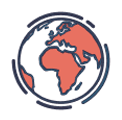

Your ancestry may also affect how likely you are to have a severe first attack
Percentage with severe first attack
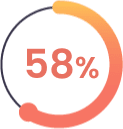
African ancestry
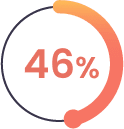
Asian ancestry
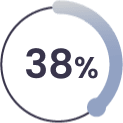
Caucasian ancestry
When you have NMOSD, your body attacks its own healthy cells, damaging your brain, spinal cord, and eyes
- NMOSD attacks are defined as new symptoms or sudden worsening of symptoms
- Attacks can look different for everyone, but may include sharp pain, numbness or tingling, and/or vision changes
- Attacks may cause permanent damage, and people of African ancestry may be at higher risk of their disease getting worse due to severe attacks

Prepare to talk to your doctor about NMOSD
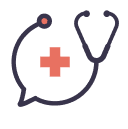
Use this new knowledge to get answers and care you deserve. Be sure to talk about getting the right test for an accurate diagnosis.
Get the support you need to become your own advocate
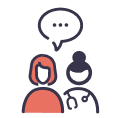
While several support resources exist, some are designed with you in mind, including ProjectREDTM.
Learn how you might manage NMOSD
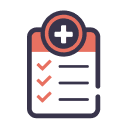
Get information about a treatment for adults with anti-AQP4 antibody-positive NMOSD.

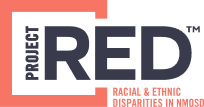
Through ProjectREDTM, Alexion is committed to addressing racial and ethnic disparities in NMOSD
The goals of Alexion’s ProjectREDTM initiative include helping you:
- Access the care you need, when you need it
- Build an open and trusting relationship between you and your doctor
- Receive a timely diagnosis and begin treatment as soon as possible
- Work with your healthcare team to understand and address your unique risks for NMOSD
Review a helpful brochure about NMOSD and ProjectREDTM
Download ProjectRED Brochure
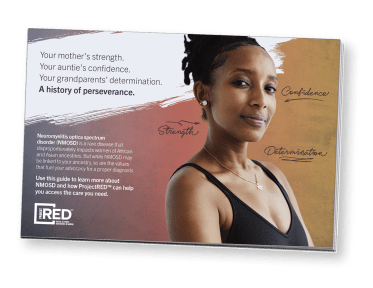
ProjectREDTM has identified resources that might be helpful for people of African or Asian ancestry
In addition to community advocacy and support organizations, there are several helpful resources to explore with content in multiple languages.

The Guthy-Jackson Charitable Foundation


The Guthy-Jackson® Charitable Foundation provides several multilingual NMOSD resources for patients who are non-native English speakers.

The Sumaira Foundation


The Sumaira Foundation helps raise awareness of NMOSD and supports patients with content in multiple languages.

The Siegel Rare Neuroimmune Association


The Siegel Rare Neuroimmune Association (SRNA) advocates for people with rare neuroimmune disorders and hosts content in English and Spanish.


